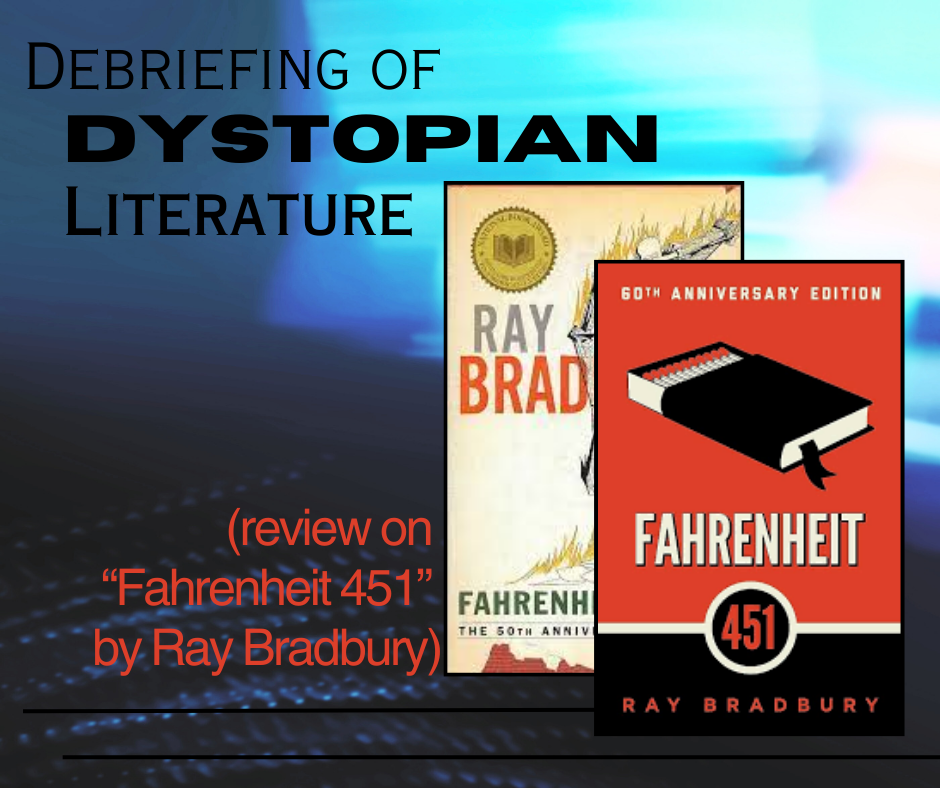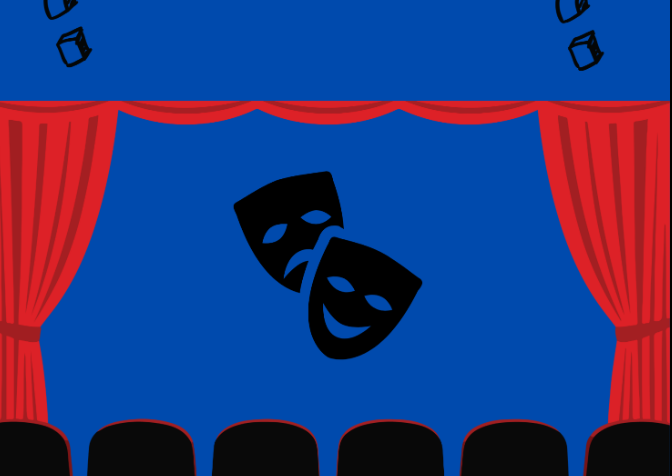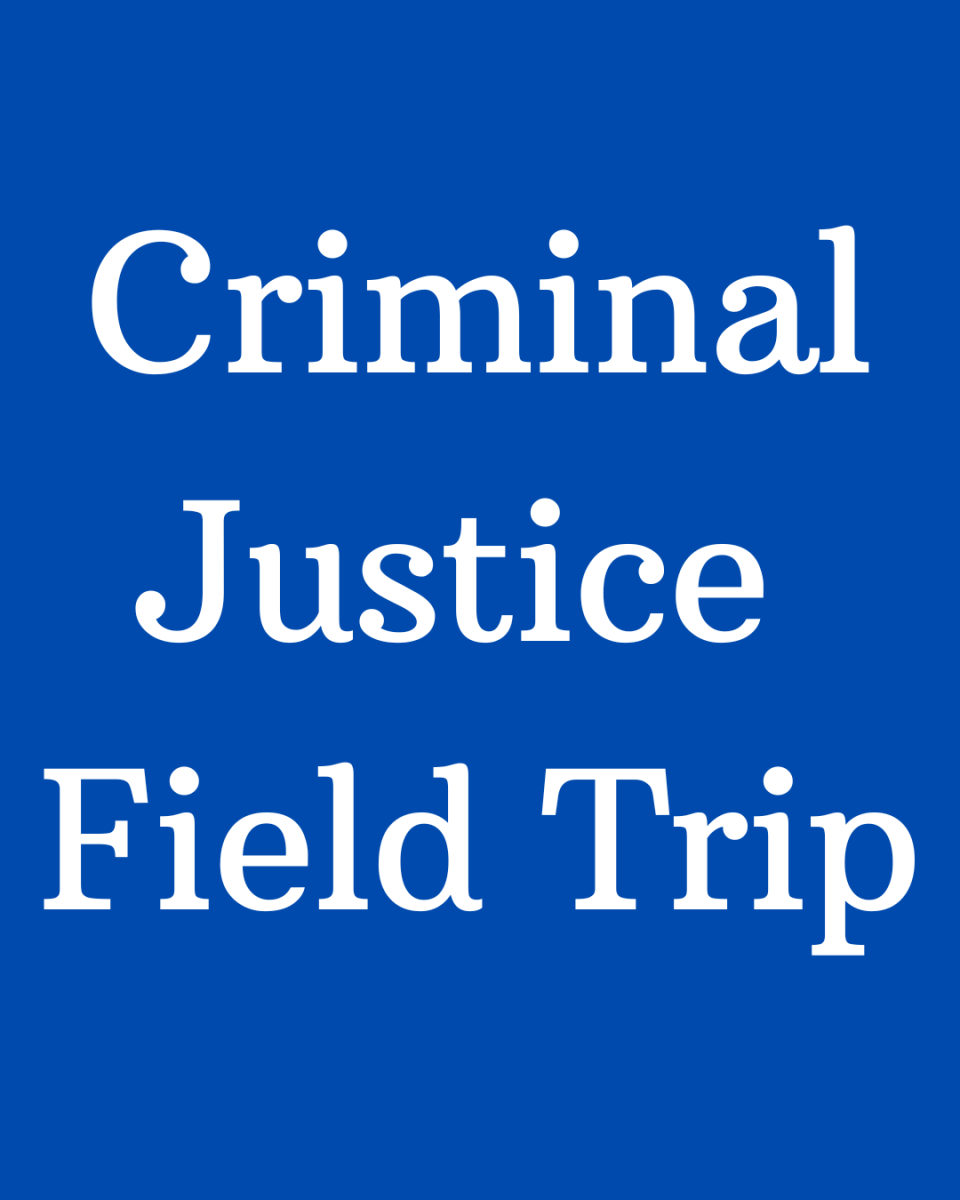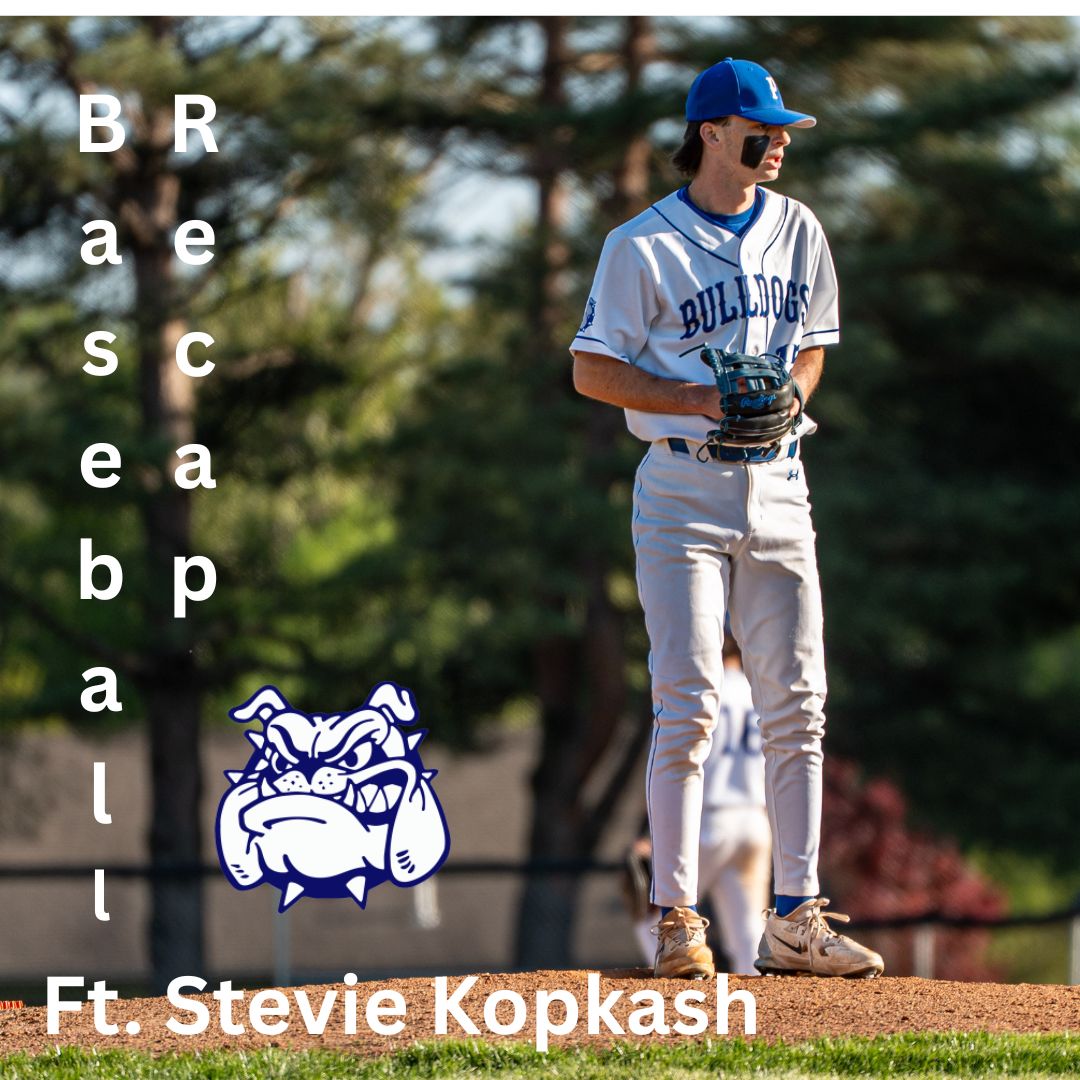Within the past months, dystopian literature has been of especially considerable mention at PSHS, with the students of Mrs. Smith’s and Mrs. Kasten’s English 10 classes reading the popular Fahrenheit 451 by Ray Bradbury.
Dystopian literature was first coined in the 1920s of inspiration and response to world events and past ideation of utopia; utopia is defined as a speculated realm of pure perfection in all qualities and structures of itself. Dystopia, in this case, stemmed into its branch of such a speculated world being entirely restricted to aspects like education, independent expression and thought, psychological capabilities, freedom, and more.
Fahrenheit 451, written by Ray Bradbury in 1953, is an infamous example of such dystopian literature. Guy Montag lives in an excruciatingly technology-dependent society in the future where books are illegal to own and read, and firefighters, such as himself, are at the task of burning books and structures that contain books. The general society is abhorrently immoral and are desensitized to the acts of violence and disorder in which they commit and are blind to any sort of philosophy, psychology, history, nature, individuality, and such, albeit a few citizens. Clarisse McClellan, a neighbor of Montag and a citizen whom is aware of the actual mayhem encased in society, is the one in which first engages with Montag, and, of their conversation, is the one whom first ignites Montag’s break from his personality of social normalcy, and into a whirlwind of his own questioning and in-depth unhappiness.
From the two out of three portions in which have been read by students, many are intrigued as to what will happen in the now-climaxing third portion, and are anticipated to read this portion of the novel from what has happened in the preceding portions. Conducted analyses are prominent within both classes, alongside Socratic Seminars that occur once per read portion.
Alongside Fahrenheit 451, there are hundreds more dystopian novels of published publicity available for any interested individual to research and read; Animal Farm by George Orwell is another dystopian novel of what represents aspects of an oppressed society, and that novella will be read by Mrs. Smith’s and Mrs. Kasten’s English 10 classes during the second semester of the 23-24 school year.





